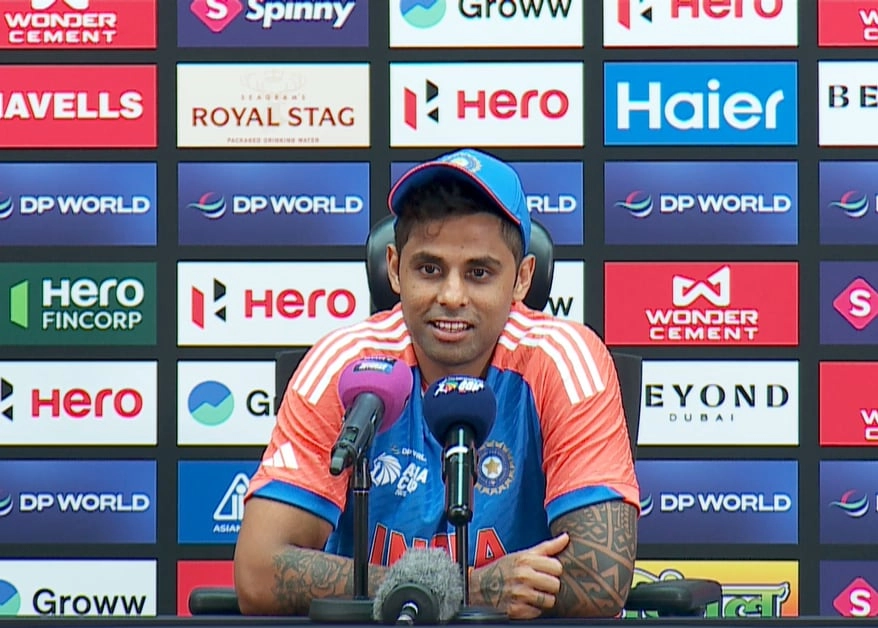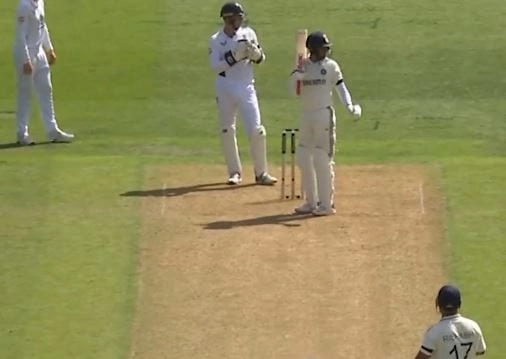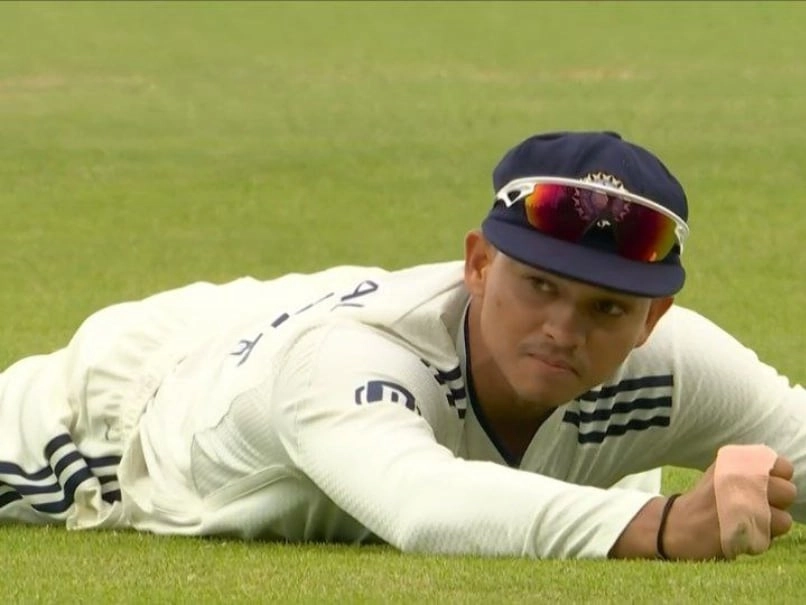In a recent statement, Surya Kumar Yadav, the renowned Indian cricketer, addressed the longstanding narrative surrounding the rivalry between India and Pakistan in cricket. He expressed his discontent with the term “rivalry,” suggesting that it undermines the complex and multifaceted relationship between the two nations. Yadav’s remarks come at a time when cricket matches between these two teams are often charged with heightened emotions and national pride. He emphasized that instead of framing the encounters as mere rivalries, it is crucial to recognize the broader context of their historical and cultural ties, which have been marred by conflict and competition.
Yadav’s comments resonate deeply with many fans and analysts who argue that such labels can perpetuate animosity and overshadow the spirit of sportsmanship. By calling for a shift in perspective, he encourages both players and supporters to focus on the game itself rather than the contentious backdrop that has historically defined their encounters. This sentiment is particularly important in today’s world, where sports have the power to unite rather than divide, fostering camaraderie and mutual respect among nations.
Moreover, Yadav’s insights challenge the narrative that often dominates media coverage and public discussions. The portrayal of India versus Pakistan matches as epic rivalries can sometimes incite unnecessary tension, leading to fanatical behavior that detracts from the essence of the sport. Instead of viewing these matches as battlegrounds, Yadav advocates for a celebration of cricket, emphasizing the skills and talents of the players on both sides. This approach not only promotes a healthier sporting environment but also encourages fans to appreciate the game without the baggage of political and historical grievances.
In conclusion, Surya Kumar Yadav’s appeal to redefine the narrative surrounding India and Pakistan cricket matches is a call for a more constructive and positive engagement between the two nations. By moving away from the term “rivalry,” he highlights the need for a sports culture that prioritizes respect, understanding, and the joy of the game. As cricket continues to be a significant aspect of the cultural fabric in both countries, this perspective could pave the way for a more harmonious relationship, both on and off the field, ultimately benefiting players and fans alike.




